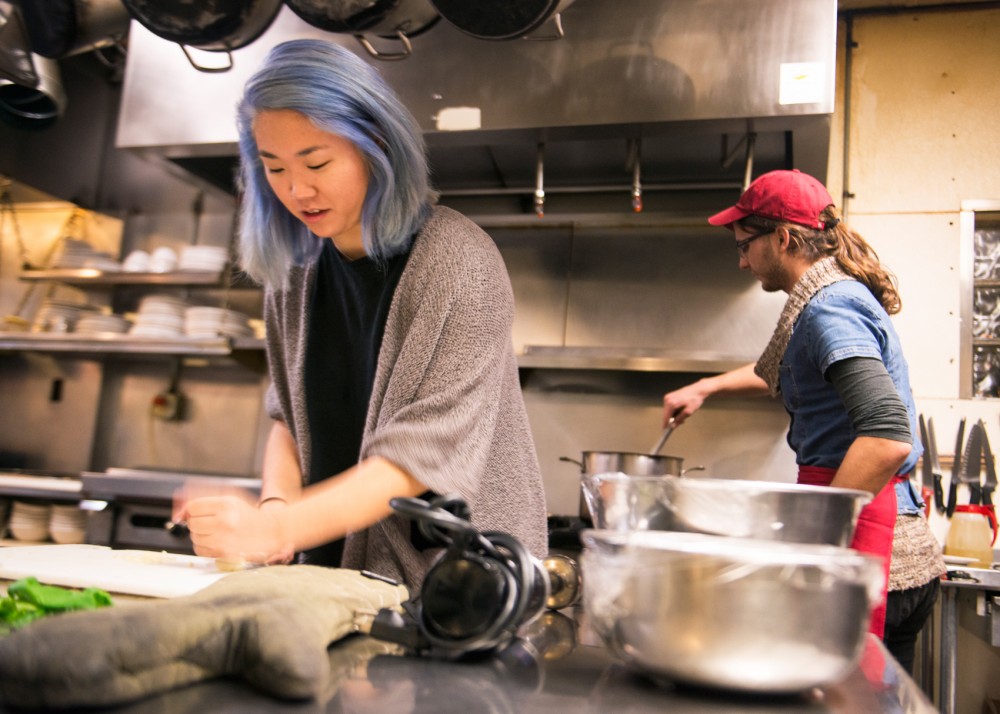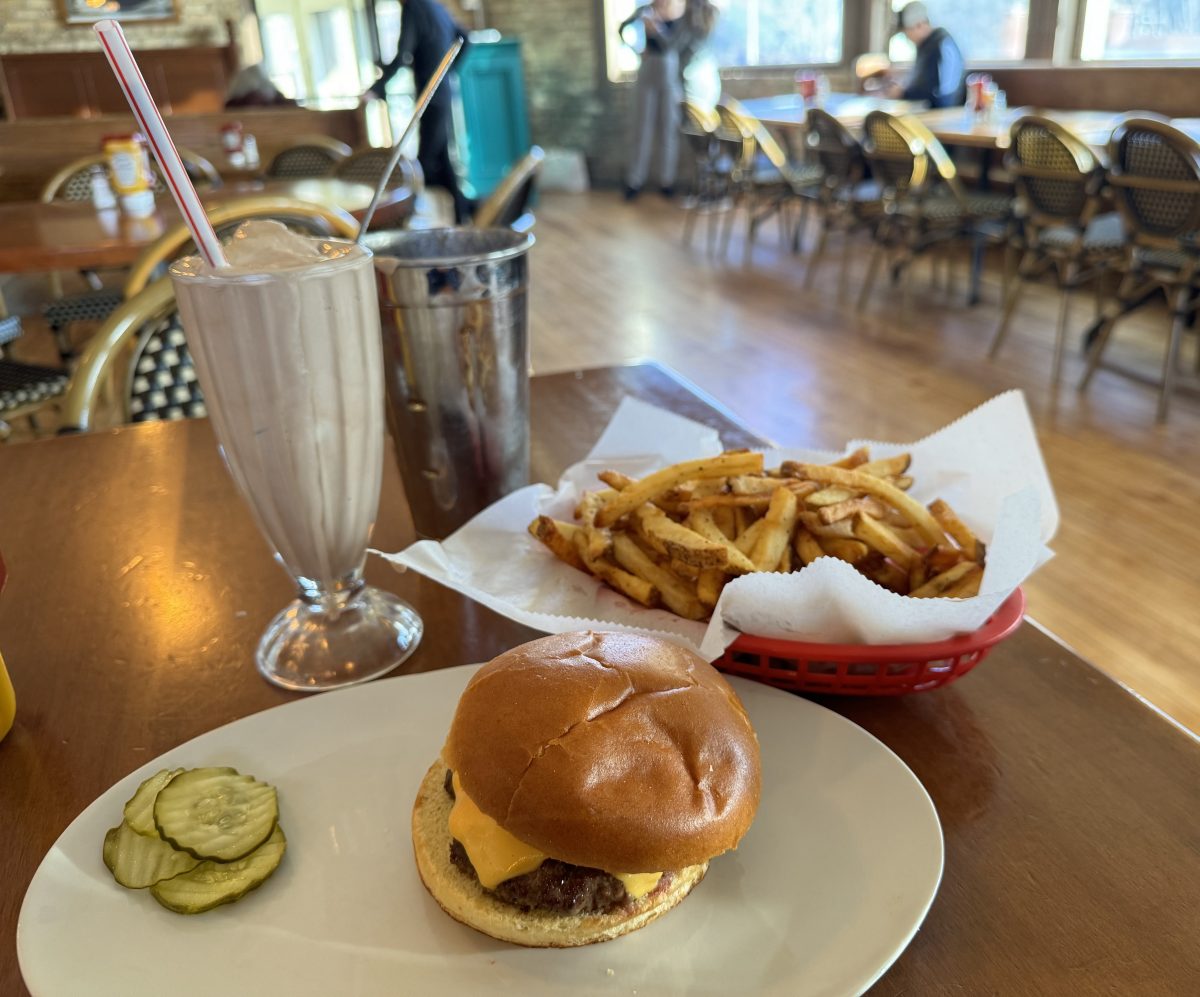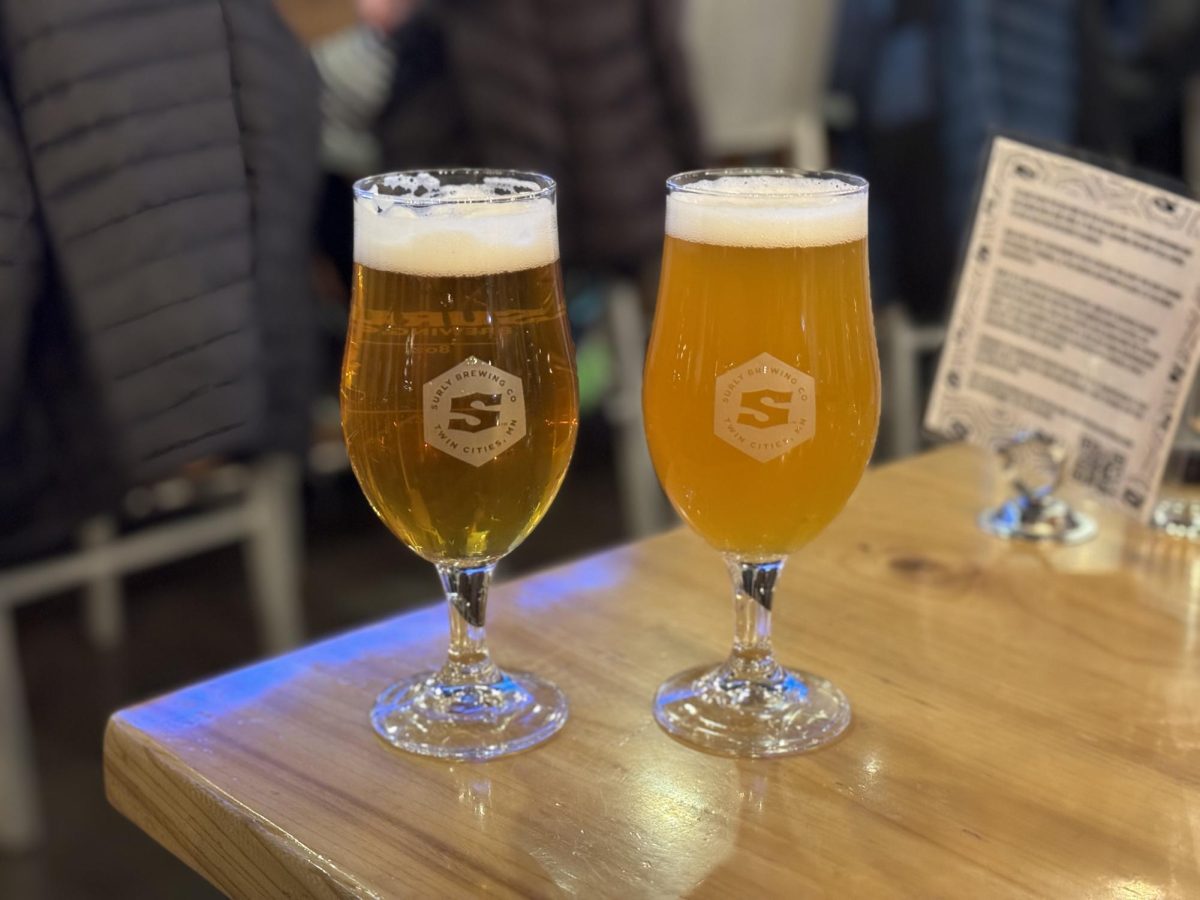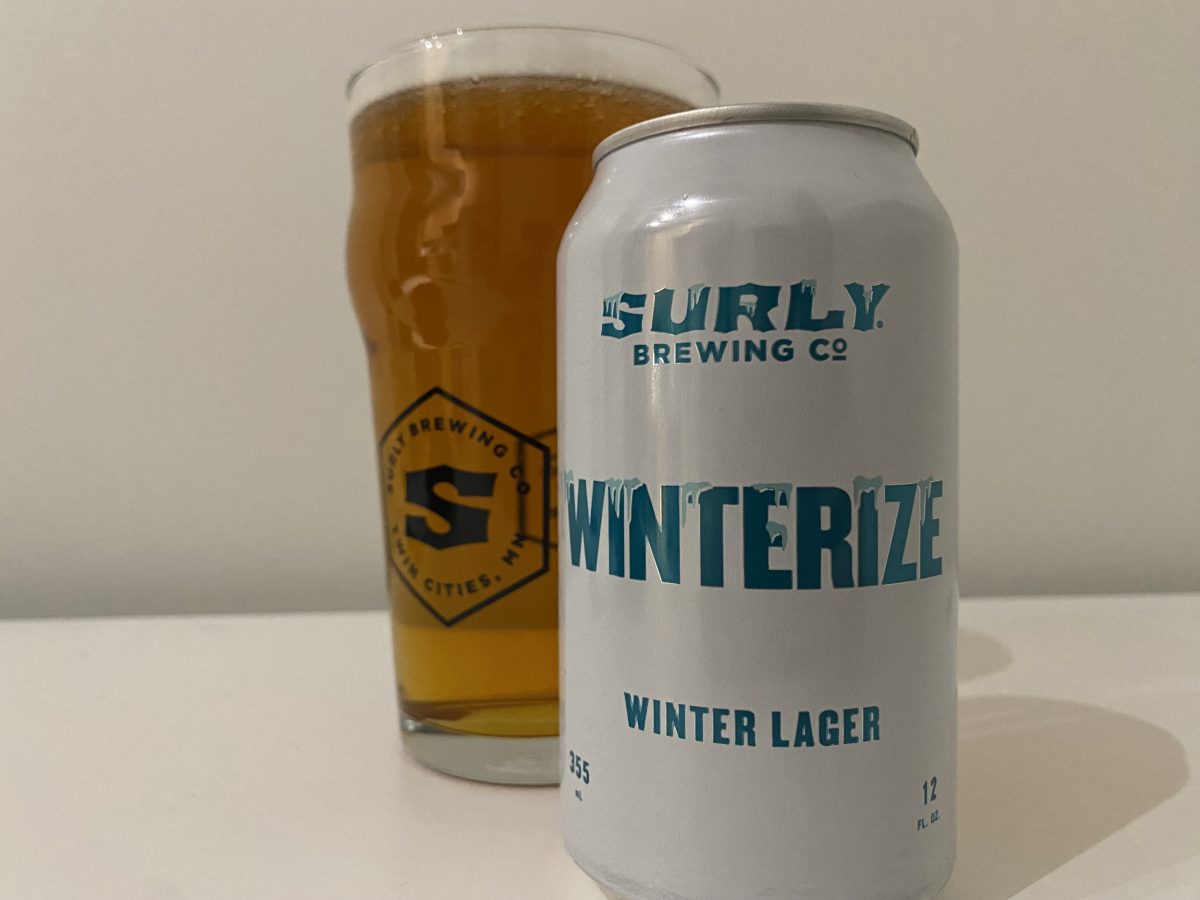There is an abundance of cooperatives in Minnesota. From co-op housing to grocery stores and restaurants, these organizations function to serve the interests of owner-employees and their communities.
Seward Cafe has been around since 1974, making it the oldest collectively run business in town. It prides itself on its focus on environmentalism and sustainability, as well as its close relationships with local vendors.
A&E chats with two Seward Cafe collective members, James Jordan and Carrie Feldman.
How does a collective run?
James Jordan: So the way we make our decisions — it’s actually why we’re closed on Tuesdays.
Everyone who works here, absolutely everyone, unless they have another arrangement for some reason, [contributes to] all of our decisions together in a big meeting.
[An employee brings] up [their] proposal for however we should change things. Then, everyone has a chance to talk [about] it, and we reach a consensus.
[A voter] has three options: You can either approve something, which means you’re for it or you don’t care; you can stand aside, which means you have reservations and you’d like them to be officially noted; or any one person can block something. If one person blocks something, it doesn’t happen.
So no one is forced into anything that they think is an incredibly hurtful business decision. It’s a weird thing kind of adapted from the Quakers … and the early-’70s hippie stuff.
Carrie Feldman: It’s very rare for anyone to block. But it’s just a way for everyone to feel like their voice is going to be heard in the decisions that we make for this business.
How do the financial aspects of the collective work?
JJ: Technically, we’re an LLC — just because Minnesota doesn’t recognize collective ownership. We have a rotating board of directors. It is strictly in our bylaws that they have no power.
Who comes up with the menu ideas?
CF: There are certain items on the menu that have been staples for many, many years.
We did make a major change about two-and-a-half years ago, where we went from being just a breakfast and lunch restaurant into having a whole dinner menu and a bar.
Aside from our big collective meetings, we have our kitchen committee and the counter committee that focus on those specific issues.
What is your relationship with local vendors?
CF: It’s funny being a business that has a mission that is the focus rather than “we want to run a restaurant.” We’re always trying to balance the ideals of sustainability, environmentalism, having vegan options … and being somewhere that’s accessible. … We want to be available to people that are in a niche, in, like, the activist scene. We
also want to have options available for people from the neighborhood or whoever wants to eat our food. It’s not total hippie food.
One of my favorite relationships that we have is the Tempeh Tantrum. A friend of ours, Ryan [Billig], who actually plays music here sometimes, started his own business making tempeh. He supplies all of our tempeh, and it’s fun to see him come here.
JJ: [The tempeh] is from five to seven blocks away, so it’s being fermented right over there. It’s about as fresh as it can be.
What’s it like working at Seward Cafe?
CF: It’s very different on weekdays and weekends. We’re a really big brunch restaurant.
During the week, we have a lot of regulars come in. There’s a rush around 9 or 10 [a.m.], but otherwise it’s very peaceful.
Whereas on the weekends, it’s packed and hard to find a place to sit. There’s a lot of community around the space and … people hang out — it’s a fun place to work.
Events:
CF: We regularly have shows, like concerts on Saturday nights. [There are] louder and high-energy concerts after 10 p.m., so we can still have people in for dinner.
JJ: All shows here are free — there are some that we might ask for donations at the door. But that’s exactly that, donations.
Recipe: Vegan tomato soup
Serves 4
2 tablespoons olive oil
1 white onion, diced
2 garlic cloves, minced
1/4 cup fresh basil, chopped (dried basil will do in a pinch — use it to taste)
4 12-ounce cans tomato filets*
1 12-ounce can coconut milk
salt and pepper to taste
“This is a simple but delicious vegan soup that we often whip up as one of our two daily soup specials. [It] goes great with a tempeh pesto deluxe sandwich or vegan grilled cheese,” Feldman said.
1. Sautee onions in olive oil until translucent. Add garlic and basil, and cook just until fragrant.
2. Add tomatoes and coconut milk. Blend with an immersion blender or in a regular blender until smooth.
*Feldman’s tip: “If you don’t have a blender because you’re a student who doesn’t cook at home much, you can use cans of unseasoned tomato puree instead of tomato
filets. Or just eat it chunky, your call. Ultimately, I suggest you acquire a blending device and revel in the delightful smoothies, sauces and soups that are now available to you on a whim.”

















